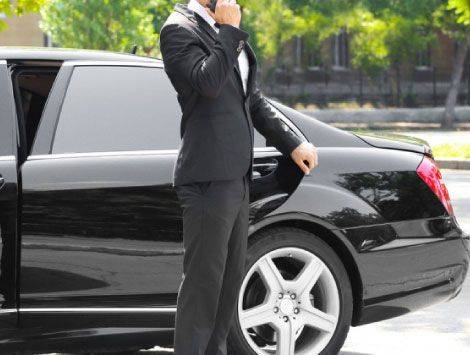Aspiring VVIP bodyguard willing to invest in specialised training
Civilians who want to become bodyguards need to spend tens of thousands of ringgit on basic courses.

SHAH ALAM - A deep interest in the profession of a bodyguard has led a personal guard to participate in over 20 specialised courses.
Known only as DK, he said that among the courses that added value to the bodyguard's duties were basic personal guard training, emergency medical assistance, self-defence classes, and firearm handling.
According to the 42-year-old man, he had been driven by a high level of curiosity and a love for challenges since childhood, which led him to realise his dream of becoming a personal guard to prominent figures, or VVIPs.
"If one wants to become a personal guard like the Special Action Unit (UTK) with high demand, the government spends hundreds of thousands to train a UTK member.
“However, for civilians who want to become bodyguards, they need to spend tens of thousands of ringgit on basic courses and other training to get demand in the market," he told Sinar Ahad.
DK also said that one of the frequent challenges faced by personal guards while on duty was the risk of exposure to dangers that threaten their own lives, their employers and the public.
Furthermore, as a father of one, DK emphasised that personal guards responsible for shielding their employers could not afford to be complacent at any moment because threats could come in various forms.
When asked about improving the profession of personal guards, given that many seem to underestimate their role, DK suggested that any bodyguard should take courses with registered companies led by experienced individuals and experts in the field.
He noted that civilian personal guards still have significant weaknesses, especially in terms of specialised equipment such as armour vests, utility bags, medical treatment, and so on. According to him, the absence of such equipment can hinder personal guards from responding quickly to security threats against VVIPs and could pose unexpected injury risks.











